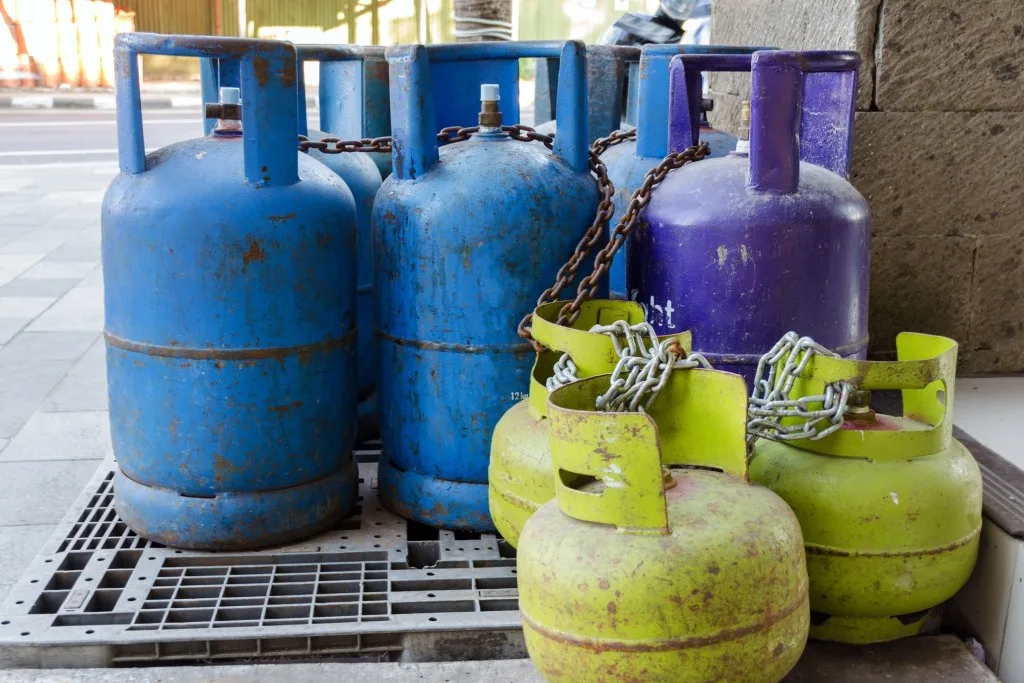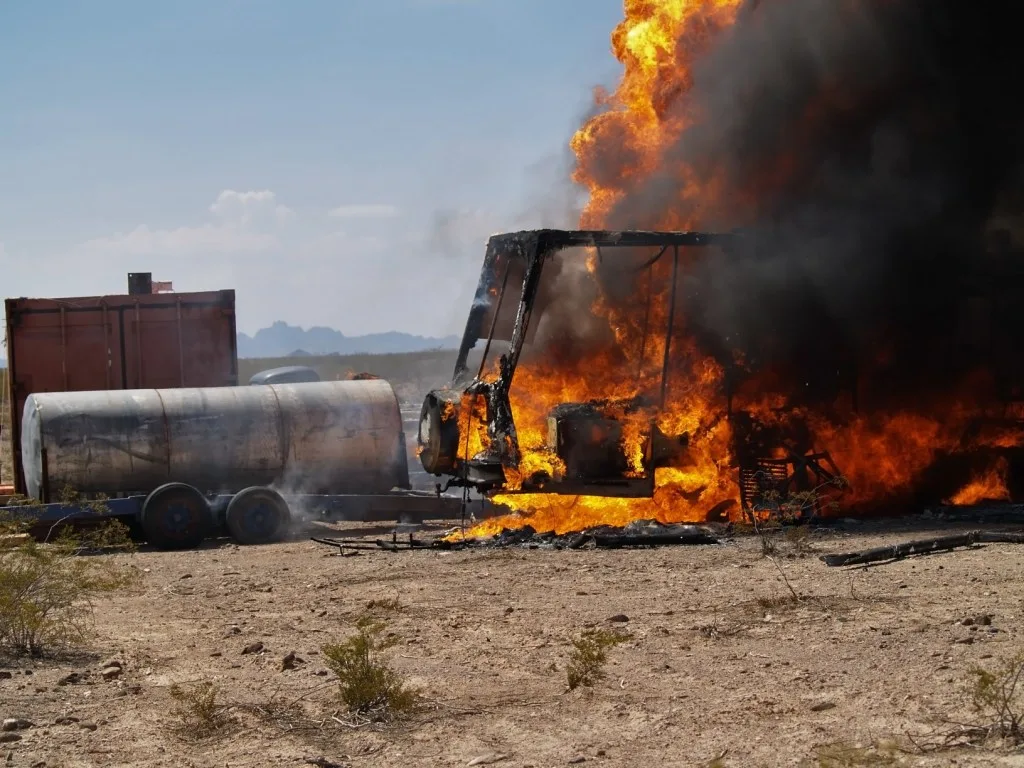What is an RV Propane Regulator?
Perhaps you’ve heard about a propane regulator for your RV, but have never really paid attention to its function. But you’ve just purchased a brand new travel trailer, and you’re ready to make memories this camping season.
Let’s learn about your RV propane regulator and examine this important piece of equipment to ensure your family is safe while traveling.
What Is an RV Propane Regulator?
The propane system on your RV is an essential part of making your travel enjoyable. You don’t want to wake up freezing in the middle of the night, right? But propane is also highly flammable. This is why a propane regulator is so important.
Because propane stores at high pressure in the tank, you need a regulator to reduce the flow before the propane runs to your RV systems. A regulator protects your appliances and prevents a dangerous situation from occurring.
How Are RV Propane Regulators Different Than Other Kinds?
Regulators on gas grills or fire pits are not the same as those on your RV. Those are first-stage regulators, which means they lower the pressure before the propane goes into the gas line.
Second-stage propane regulators, like what you have in your RV, further decrease the pressure so that the propane can safely travel to an appliance.

What Are the Benefits of an RV Propane Regulator?
Most RVs use propane to power their essential systems. For example, a gas stove uses propane to provide a heat source for cooking. Some refrigerators use propane to maintain cold temperatures, so food doesn’t spoil. If you don’t have a propane regulator, your appliances won’t work.
Since propane is highly flammable, a regulator also works to keep you and your family safe. By reducing the pressure to a manageable flow, a propane regulator emits only the necessary amount of propane to your appliances.
When Should You Replace Your Regulator?
RV propane regulators last several years. Once a regulator is about ten years old, consider replacing it before it wears out. However, if you start to have problems, immediately replace your RV propane regulator.

How Do You Know if It’s Faulty?
First, if you start to smell propane, turn off the appliances and shut off the propane tanks. Leaking propane may or may not indicate a problem with your RV propane regulator, but don’t ignore it. If you find that your propane regulator is indeed the issue, you’ll need to replace it immediately.
If you don’t smell leaking gas, another sign that your regulator has gone bad is a constant hissing sound. You can confirm this by using a manometer.
Or you may notice the flames on your stove burners are yellow, not blue. This is a sign that you have too little pressure in your system, which means your RV propane regulator is faulty.
Another sign that you should replace your regulator is if you notice soot build-up around the water heater. This indicates a weak flame, which means your regulator isn’t doing its job correctly.
Pro Tip: Scared to make the switch to propane? To ease your mind we uncovered When is RV Propane Dangerous?

How Often Should Your Propane Tank Be Inspected?
If you just swap out your empty propane tank for a new one, you don’t have to worry about inspections because the new one is already certified. But if you refill them, keep an eye on their age. Every ten years, a technician must inspect propane tanks for proper working conditions on travel trailers and fifth wheels. (Motorhomes have different types of tanks installed.)
You can find the manufacturing date stamped on your propane tank. Always check the new ones if you regularly switch them out to ensure you aren’t getting a tank that will need an inspection soon.
A propane tank inspection isn’t a complicated process or an expensive maintenance item, but it is the law and a safety concern. You want your propane tanks inspected after each filling, in addition to your own regular maintenance.
Buying an RV Propane Regulator
Having a properly working RV propane regulator is more than just a good idea — it’s essential to the safety of your rig and your traveling companions. You can buy several good options, such as the Flame King or the Camco Horizontal Two-Stage Regulator.
Pro Tip: Propane can be very useful and efficient when RVing so here is How To Convert Your Gas Generator To Propane in 9 Easy Steps.
Be Safe with a Regulator
Regardless of which one you choose, a regulator ensures that your propane system runs efficiently and safely to power your RV systems. If you already have one, make sure it works correctly to avoid a dangerous situation. Safe travels!
Discover the Best Free Camping Across the USA
To be honest with you, we hate paying for camping. There are so many free campsites in America (with complete privacy).
You should give it a try!
As a matter of fact, these free campsites are yours. Every time you pay federal taxes, you’re contributing to these lands.
Become a FREE CAMPING INSIDER and join the 100,000 campers who love to score the best site!
We’ll send you the 50 Best Free Campsites in the USA (one per state). Access the list by submitting your email below: